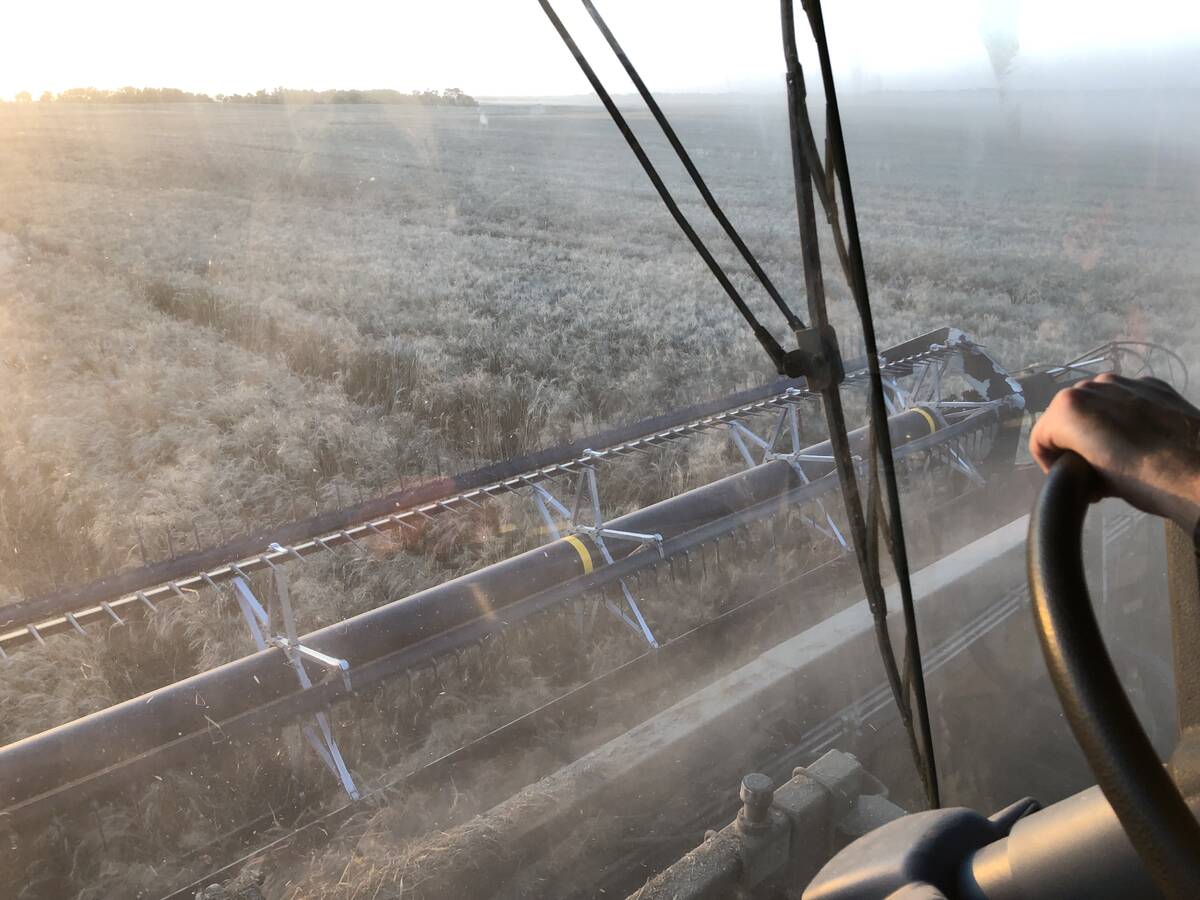SASKATOON (Staff) – Some U.S. elevator companies face millions of dollars in losses and legal scraps with their customers as a result of the phenomenal rise in corn prices.
The difficulty stems from some types of hybrid forward contracts, known as hedge-to-arrive.
“It is a relatively new contract, but it has been used for several years. We haven’t heard much about them until now because this year turned out not to be not the one for hedge-to-arrive contracts with the way the market has functioned,” said Bob Zelenka, executive director of Farmers Elevator Association of Minnesota.
Read Also

Mail strike disrupts grain sample delivery
The Canadian Grain Commission has asked farmers to consider delivering harvest samples directly to CGC offices, services centres or approved drop offs as Canada Post strike delays mail.
“It is a weird year that has put people in a strange situation … It has put some elevators in a difficult situation financially.”
Like most such agreements, the contracts set a price in the future for an amount of grain. However, some elevators’ hedge-to-arrive contracts did not set a delivery date.
To protect themselves against market fluctuations, the elevators entered into hedge contracts to cover the business.
But when prices took off, pushing corn to $5 (U.S.) a bushel from about $2 last fall, many farmers decided to grab the windfall in the cash market and roll the contract into next year.
Elevators wound up without grain and had to cover the cost of the hedges with cash. As the severity of the losses became clear, some companies were rumored to be close to bankruptcy.
For example, Grain Land Co-op of Blue Earth, Minn., which used hedge-to-arrive extensively, had to borrow $20 million to cover its position.
Grain Land and other companies in similar situations are now negotiating to share the burden with farmers who had contracts, Zelenka said.
But many producers scoff, saying they were persuaded into the arrangements by heavy marketing. The companies counter that they offered only what farmers asked for.
However, many disputes are being resolved, Zelenka said.
The situation has attracted the attention of federal and state politicians and the Commodity Futures Trading Commission, which regulates commodity exchanges.
But the national association representing elevator companies hopes to avoid new regulation.
“We would caution the government about jumping in because the government contributed to this problem,”said David Barrett, with the National Grain and Seed Association.
He noted the current price boom is at least partly due to Washington setting a 7.5 million acre set-aside in corn last year against the recommendation of the industry.
Also, with a new federal farm bill that reduces Washington’s role in agriculture, there could be a growing need for a varied menu of marketing arrangements, Barrett said from Washington.
“Let the new farm bill work and let the market respond to what is appropriate,” he said.
















